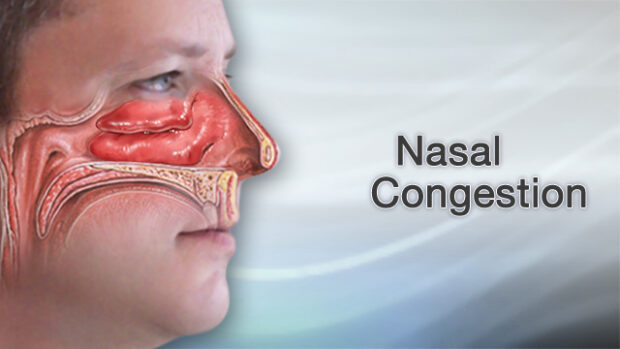Sinusitis is a sinus infection. It happens when the nasal cavities become infected, swollen, and inflamed. Accumulation of fluid in your sinuses can cause germs to grow, causing a sinus infection. Sinusitis is mainly caused by a virus, but it can also result from bacteria or fungus. Sinusitis symptoms often resemble those of a cold. Your healthcare provider, Dr. Cecil Yeung Houston, performs a diagnosis to determine the cause of your symptoms. Sinusitis can be acute, lasting less than four weeks, or chronic, staying more than twelve weeks. Acute sinusitis is often caused by bacteria and is usually part of other respiratory disorders. Sinusitis presents with various symptoms, which include:
Sinuses pain and pressure

Every individual has several sinuses above and below the nose and behind the nose. They can hurt when you develop a sinus infection. Due to inflammation and swelling, the sinuses can ache with dull pressure. Pain happens because inflammation can disrupt the usual mucus path from your nose to the back of your throat. Sinus infection can cause pain in your forehead, either side of your nose, upper jaws and teeth, and between your eyes. This pain can lead to a headache, occurring where the sinuses are located or other places.
Tenderness on your face
The built-up pressure can cause tenderness in your face. Tenderness mostly happens at the bridge of your nose, under your eyes, forehead, or cheeks.
Running nose and postnasal drip
Sinus infection makes you blow your nose often due to nasal discharge, which presents as cloudy, green, or yellow. This discharge results from your infected sinuses, which drain into your nasal passages. The discharge can also bypass your nose, flowing at the back of your throat. You may experience a tickle, itchiness, or sore throat. Postnasal drip results when discharge drain to your throat. It can cause coughing at night when lying asleep and in the morning after waking up. You may also have a hoarse voice.
Nasal congestion

Inflamed sinuses can affect how you breathe through the nose. Sinus infection causes swelling in your sinuses and nasal passages, leading to nasal congestion. Nasal congestion can alter your smell and taste sensations. Your voice can also sound stuffy.
Sinus headaches
Headaches are caused by persistent pressure and swelling in your sinuses. Sinus headaches mostly worsen in the morning because fluids accumulate all night. Headaches can also deteriorate due to sudden changes in barometric pressure around you or changing the position of your head.
Throat irritation and cough
When discharge from your sinuses drains to your throat, you can feel irritation, especially over a prolonged period. Irritation can cause a persistent and annoying cough that can worsen when you lie down to sleep or wake up in the morning. Throat irritation can make sleeping troublesome. Elevating your head while sleeping can help minimize coughing frequency and intensity.
Fever

Although rare, a sinus infection can cause fever. A fever indicates your body is fighting off the condition.
Sinusitis is a sinus infection that happens when the nasal cavities become infected, swollen, and inflamed. Sinuses pain, nasal congestion, runny nose, headaches, and fever are the common symptoms of sinusitis. Schedule an appointment at Houston Sinus Surgery for sinusitis treatment to relieve your discomforting symptoms.




























